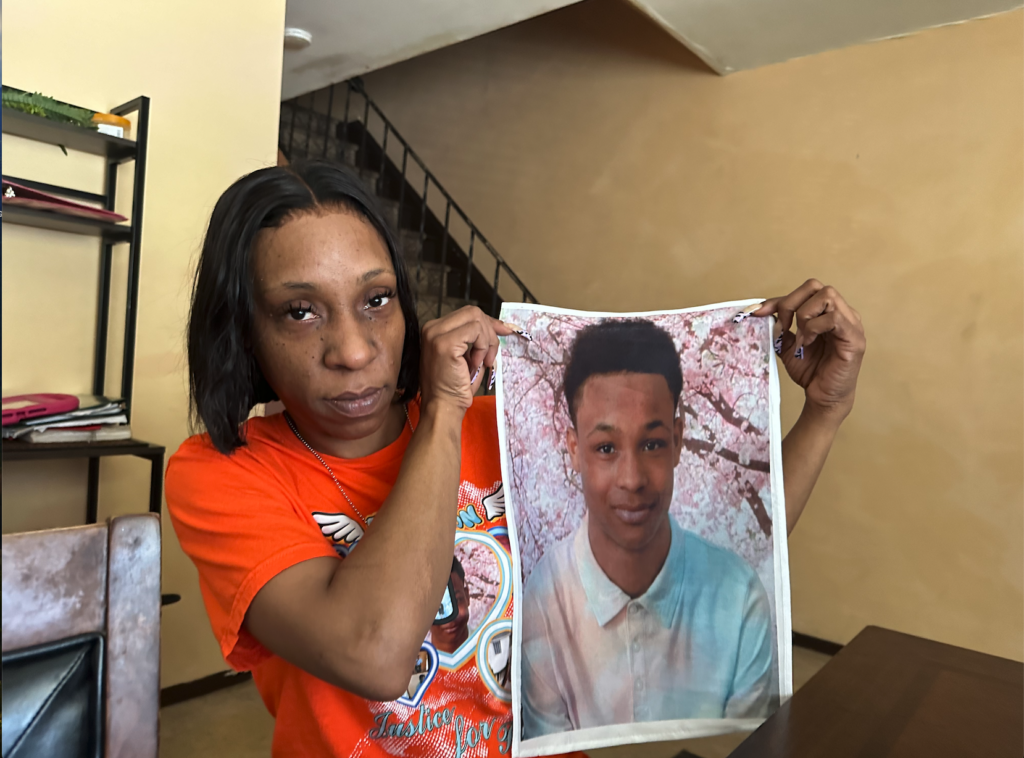Guest Spot: Post-pandemic, let’s change the way we assess students for good

It seems that our goals from before the pandemic are now a distant past, as teachers and leaders begin to tackle yet another challenge brought on by COVID-19 – re-entry planning.
Just before most of us knew what COVID-19 was, we were all engaged in conversations about inclusive excellence.
We aimed for equity and were busy building school cultures to support students’ social-emotional health, as well as their rigorous and engaging academic experiences.
Our dreams were of schools and classrooms that were carefully constructed for all students, and we charged toward this mission. For those of us who serve communities that include students with special needs, students living in poverty and students with a variety of immigrant experiences, we have been aware of the flawed assessment system that has been in place for far too long. We always understood that the achievement gap has everything to do with the “haves” and “have nots.”
We’ve also understood that standardized testing only proved to illuminate those gaps and divide our children. We marched forward despite labels placed on us, our schools and, most importantly, our students because we did not quite measure up according to “THE TESTS.”
However, we still left our office each day thoroughly exhausted yet rejoicing at the true privilege of teaching and leading our students the very next morning.
We have always celebrated this honorable profession because it is truly a great reward to make a difference in the life of a child and have an impact on generations to come. We have not and will not forget that.
We realize that COVID-19 and the crippling impact that it threatens to have on education is imminent. Potential mid-year cuts to state aid will cripple many districts that were already struggling to provide the education that ALL children deserve.
Re-entry comes with many challenges, like social distancing in schools that were crowded to begin with. The thought of holding schools and districts to the same standard after COVID-19 is simply unthinkable. The state must realize that the post-pandemic achievement gaps are even greater, and we will see challenges that will be impossible to overcome.
How do we in the long term hold students accountable for work when not physically present or assist students who struggled and were chronically absent? What about the countless number of students who were already struggling in poverty or those with anxiety and depression? How can we ever think about measuring student progress in the same way ever again? What about our students with special needs and the impact this pandemic is having on them and their families?
The only logical solution: Use this as an opportunity to re-evaluate how we assess our students and understand that assessments need to be as diverse as the students we serve. Let’s stop the charade and have real discussions about what equity looks like. Let’s engage the State Education Department in a real conversation about rethinking assessment and progress monitoring so that students truly can reach their greatest potential.
This is perhaps an extraordinary request, but these are also extraordinary times. If we aim to find a positive from this awful situation, COVID-19 has certainly shined a light on the inequities that have existed. The only problem is it has simultaneously made those inequities even greater.
You see, standardized testing has been hurting diverse communities for many years.
True reform is essential. We can only hope that the powers that be are paying attention.
This article was co-written by Port Washington Union Free School District Superintendent Dr. Michael Hynes and Dr. Oliver Robinson, superintendent of Shenendehowa Central School District.








